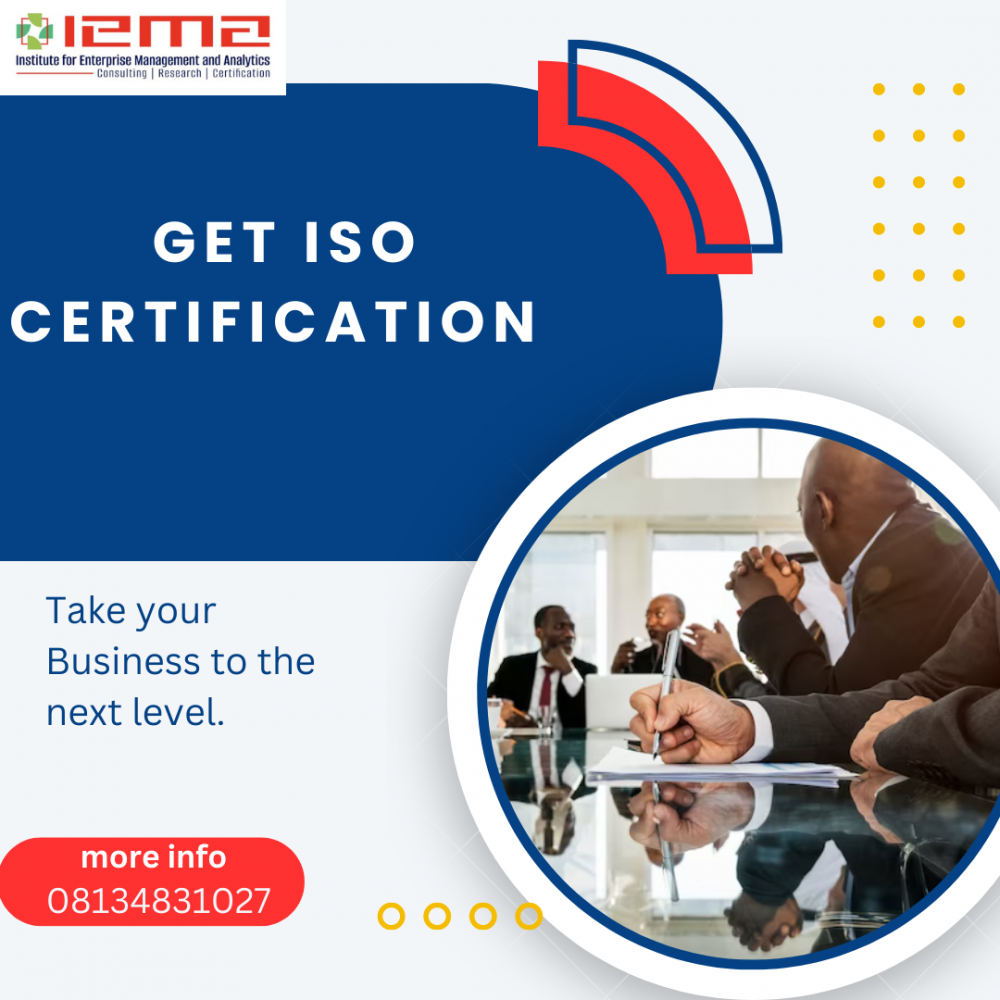The liquefied natural gas (LNG) industry has experienced remarkable growth in recent years, driven by increasing demand for cleaner energy sources and advancements in LNG technology. As LNG continues to play a crucial role in the global energy transition, businesses involved in LNG must navigate complex challenges and opportunities in business development, commercialization, and operations management. In this article, we explore key strategies for success in the LNG industry across these three critical domains.
Business Development in the LNG Market:
Business development in the LNG market involves identifying and capitalizing on opportunities to expand LNG projects, secure long-term contracts, and establish strategic partnerships. To succeed in LNG business development, companies must conduct comprehensive market analysis to assess demand trends, supply dynamics, and competitive landscape. Leveraging market intelligence and industry networks, companies can identify potential customers, target markets, and investment opportunities for LNG projects. Building strong relationships with key stakeholders, including government agencies, regulatory bodies, and industry associations, is crucial for navigating regulatory frameworks and securing permits for LNG projects. Additionally, companies should explore innovative financing mechanisms, such as project financing, equity partnerships, and structured financing, to fund LNG developments and mitigate financial risks.
Commercialization Strategies for LNG Sales:
Commercialization of LNG involves negotiating sales contracts, managing pricing mechanisms, and optimizing trading strategies to maximize revenue and profitability. Companies must develop tailored marketing and sales strategies to effectively position LNG products in global markets and attract buyers. This may involve offering flexible contract terms, competitive pricing structures, and value-added services to meet diverse customer needs. Adopting innovative sales and distribution channels, such as spot trading platforms, virtual trading desks, and LNG trading hubs, can enhance market access and liquidity for LNG transactions. Furthermore, companies should leverage technology and analytics to analyze market trends, forecast demand, and optimize trading decisions in real-time. Developing robust risk management frameworks, including hedging strategies and risk mitigation measures, is essential for managing price volatility and protecting profit margins in the LNG market.
Operations Management for LNG Facilities:
Effective operations management is critical for ensuring safe, reliable, and efficient operation of LNG facilities throughout the project lifecycle. Companies must prioritize operational excellence and adhere to strict safety standards, environmental regulations, and industry best practices in LNG operations. This involves implementing rigorous maintenance programs, conducting regular inspections, and investing in advanced monitoring and control systems to detect and mitigate operational risks. Optimizing LNG production processes, including liquefaction, storage, and regasification, requires continuous monitoring of operational parameters, performance metrics, and equipment reliability. Additionally, companies should focus on workforce development and training to enhance operational skills, knowledge, and safety culture among personnel. Embracing digitalization and automation technologies, such as remote monitoring systems, predictive maintenance tools, and digital twins, can improve operational efficiency and asset performance in LNG facilities.
In conclusion, successful business development, commercialization, and operations management in the LNG industry require a comprehensive approach that integrates market analysis, stakeholder engagement, financial acumen, technical expertise, and operational excellence. By adopting strategies for market intelligence, customer engagement, risk management, and technology adoption, companies can navigate the complexities of the LNG market, capitalize on growth opportunities, and achieve sustainable success in LNG business development, commercialization, and operations management.





Leave a Reply